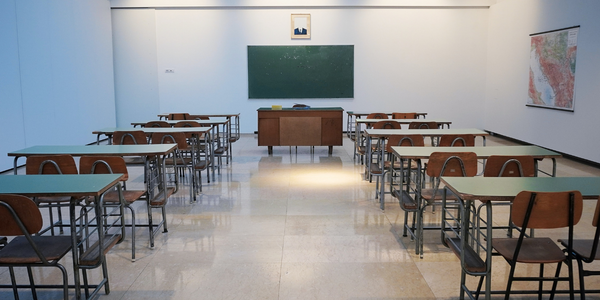Did you know that there is a dramatic rise in requests for mental health services for students in December EVERY school year? It’s the “DECEMBER DROPOUT” …. Why?
Although the first four months of post-secondary education comes with many exciting opportunities to grow, it also comes with a lot of uncertainties and changes which many students are actually NOT ready for. Figuring out how to balance school, completing the demanding school work (with what has become the 10% rule – marks dropping on average by 10% from high school grades), beginning new relationships, and managing additional social pressures from the new school culture, and taking care of yourself not living at home, can be overwhelming and easily cause elevated levels of anxiety and pressure. If left unaddressed, this stress can lead to high levels of depression and anxiety in students which can completely undermine successes academically, socially, mentally, and emotionally and how this gets dealt with (or not) sets the stage for the remainder of the year and can even affect the direction of how students launch into their 20’s which sets them for the rest of their life! So, NOW is the time to take care of this instead of waiting for the clean-up in December!
The first step HAS to be Self-care because physical health determines our mental health reducing how much stress we feel, and improving our ability to cope with unavoidable stress. The importance of having a good sleep routine, eating nutritious meals, exercising regularly, and having constructive leisure are all crucial for our self-care and well-being. Self-care encourages us to maintain a healthy relationship with ourselves which translates into a more focused, attentive approach to academics, positive mental energy, and healthy socializing. Research has shown that students who practiced consistent self-care had lower academic stress and higher achievement.
Along with taking care of ourselves in deliberate ways, it is also important that we remember to engage in positive self-talk. Self-talk is our “inner voice”. This narrative combines conscious thoughts with engrained beliefs and biases from significant life experiences (positive and negative) which runs the automatic internal dialogue throughout the day in the background determining our emotions and reactions. It can be supportive and optimistic motivating us, or it can be negative, undermining our confidence and sabotaging us.
Here are some tips on how YOU can reduce negative self-talk:
- Be aware of what you’re saying to yourself. (Turn up the volume!).
- Recognize how your thoughts are predicting your emotions and reactions.
- Learn how to Stop the thoughts that are working against you.
- Replace those thoughts with a fact-based idea.
- Identify your goals. (Distinguish between immediate gratification vs long-term gain)!
- Execute actions that get you one step closer to what you REALLY want!
Self-care strategies and positive self-talk cannot alone contribute to the success of a student’s year. It is also important for students to have effective studying habits in place, particularly in the area of time management. The BIGGEST problem is procrastination!!! Did you know that procrastinators aren’t lazy, they are usually perfectionists??!! ( A big misconception out there) It’s often in the drive for perfection, that students avoid getting started, or getting through the tougher part of assignments. ADHD/ADD can also be a huge contributor to distractibility, “forgetfulness” and not finishing projects that require a lot of organization. By December, students feel TOO far behind to catch up, and worn down by the all nighter crunches the night before the due date. The dropout rate in December of the first year is remarkable! Effective time management allows students to be efficient with their time because their attention is focused and they’re not wasting time on distractions. Efficient use of time also reduces stress, as students tick off items from their to-do lists, providing a sense of control AND accomplishment. For example, having a one-day/page planner to time block tasks and applying partialization by breaking heavier assignments into smaller tasks go a LONG way towards tackling procrastination, distraction, and avoidance. When using these techniques with good self-care and good self-talk is a secret recipe for success!
Finally, addictions need to be addressed- drugs, alcohol, the internet, etc. The post-secondary culture is rampant with temptations and if not prepared the compulsive behaviors “steal” the time and energy needed for studying. Having a good relapse prevention plan to detour from addictive cycles is needed to take control.
December Drop Out can be avoided. Reach out for support before it’s too late to promote improved self-care, more realistic self-talk, time management habits, and any needed attention toward addiction recovery.

